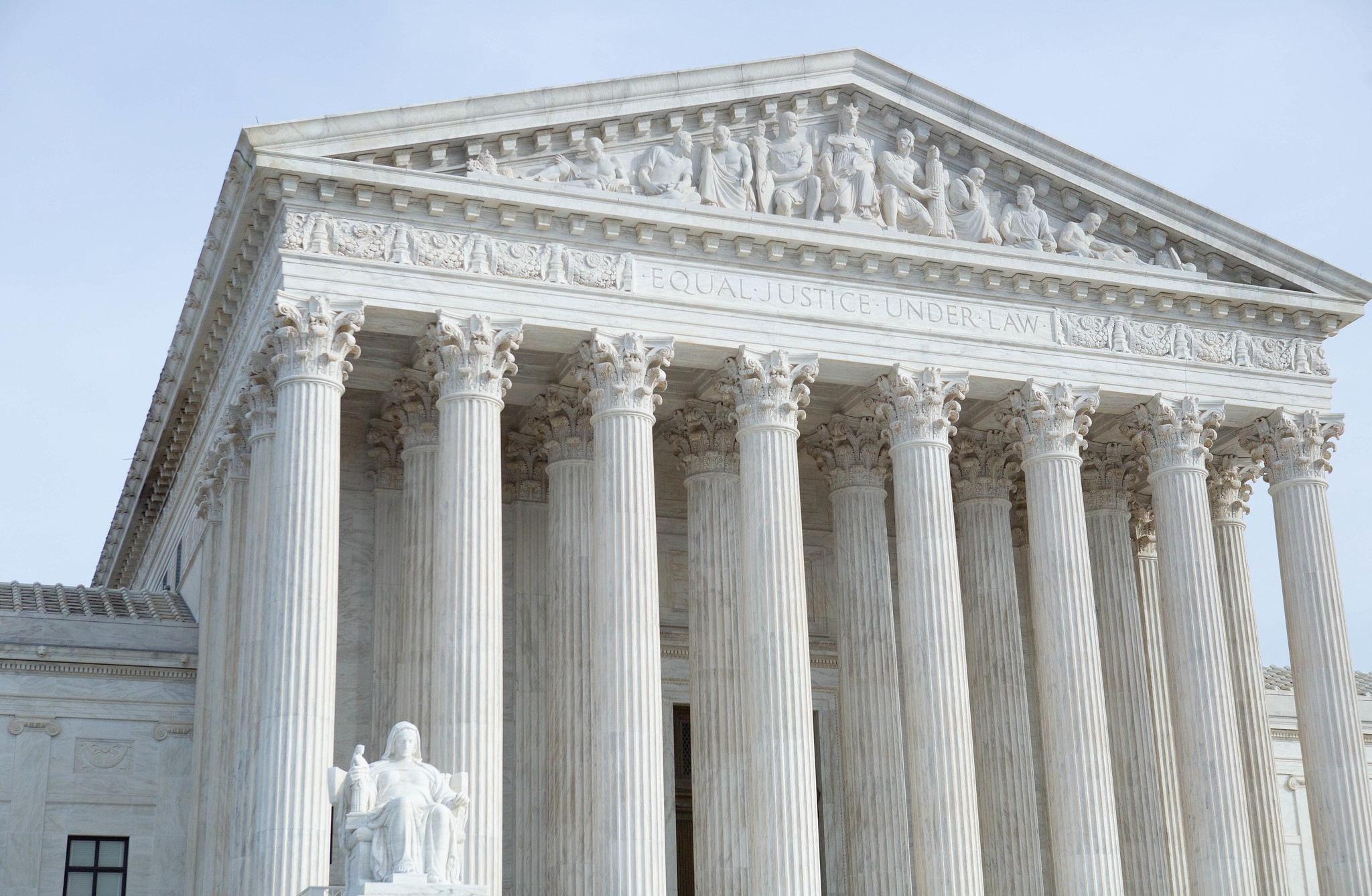ARGUMENT ANALYSIS
Justices debate right to renew lawsuit after voluntary dismissal

on Jan 14, 2025 at 7:57 pm

Tuesday’s argument in Waetzig v. Halliburton Energy Services was brief and relaxed. The issue in the case is the standard for allowing a claimant to reopen a case that he voluntarily dismissed a few years earlier, and the justices did not seem to find the matter contentious.
Vincent Levy represented Gary Waetzig, the former Halliburton employee who is trying to renew his age discrimination lawsuit against the energy company. Almost half of his presentation was consumed by a lengthy sequence of questions from Chief Justice John Roberts, designed to get Levy to admit that the only reason he wants to use Federal Rule of Civil Procedure 60(b) to reopen the litigation he previously had dismissed is because the statute of limitations would prevent Waetzig from filing a new suit now. It took Roberts 10 separate questions to elicit that admission!
The main substantive debate in which the justices engaged was whether the voluntary dismissal of the original case was the kind of “final” proceeding to which Rule 60(b) would apply. Levy argued that the order was final, contending that the limitation to “final” rulings was intended to exclude mid-case rulings in an “open, pending” matter.
Justices Neil Gorsuch and Ketanji Brown Jackson asked several questions about that point, seeming to take it seriously. Jackson asked Matthew McGill, representing Halliburton, directly if he could address Levy’s narrative on that topic. McGill, predictably enough, read the history differently, but the justices pressed him so little that it is difficult to tell how much they accepted what he had to say.
The most important thing I got out of the argument is that the justices seem highly motivated to decide the question presented. McGill’s brief argued that a jurisdictional problem (based on the court’s decision in Badgerow v. Walters) separately justified the dismissal of Waetzig’s case. That argument probably is a strong one, as Justice Elena Kagan (the author of Badgerow) commented to Levy that in her view he “ha[s] a tough row to hoe on the Badgerow question,” but she seemed equally intent on skipping that problem in this case. In conversation with McGill, Kagan quipped that she “like[s] Badgerow as well as the next person,” but that “it’s just not the time to be talking about that now,” because “that’s not what’s in front of us.”
The argument was quite short (barely 50 minutes), and most of the justices did not say anything in the least bit substantive, so it is quite difficult to predict how they are going to decide this one. I don’t think, though, they will find this complicated. My guess is that we’ll get an answer before the end of April.


